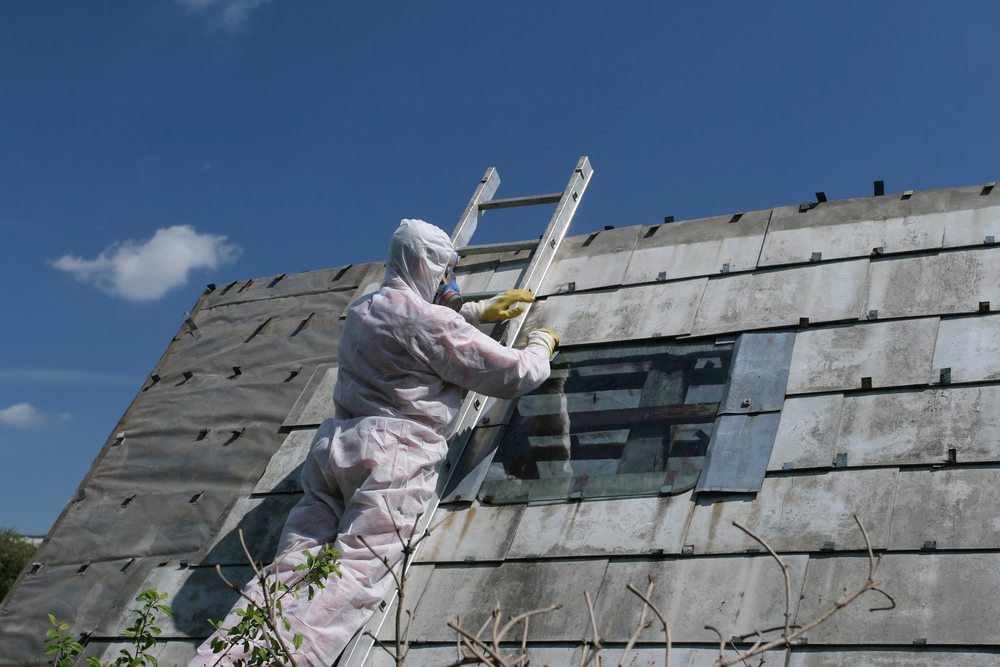Asbestos remains a potential killer in the UAE, six years after it was banned, experts have said, adding that tighter safety regulations are needed throughout the country.
The use of asbestos has been banned in more than 60 countries due to the health risks it poses; with studies showing that it’s a known cause of cancer. The UAE has prohibited its use since 2006, much later than the rest of the world, meaning that the safe removal of the material will remain an issue for years.
“There is still a misunderstanding that asbestos is not a problem in the UAE,” said Charles Faulkner, principal asbestos consultant at WSP Environment and Energy, a consultancy in Abu Dhabi, in a report carried by The National, an Abu Dhabi based daily newspaper.
“Everyone associates the UAE with new buildings and asbestos is viewed as an antiquated and obsolete material,” he added. However, he warned that the fibres could pose a health hazard as they spread through the air when buildings are demolished.
Rules dealing with the use of asbestos varied from Emirate to Emirate, Faulkner said, although Abu Dhabi had shown the most progress.
New health and safety guidelines in Abu Dhabi now require that a company must provide documents showing that asbestos has been identified and safely removed from a building before it can be demolished. The assessment and removal must only be carried out by licensed companies.
As the rules are so comprehensive, Faulkner suggested that they form the basis of federal law that would encompass the whole of the UAE.
“Just as this is applied in Abu Dhabi, there could be something of similar quality applied throughout all seven emirates,” he explained.
According to the National report, asbestos pipes are still being manufactured and used in Dubai. Although safe if left undisturbed, the material releases tiny fibres as it wears and breaks down. These particles are easily air bone and can be inhaled, causing diseases such as asbestosis, mesothelioma and lung cancer, all of which are fatal.
Those most at risk include construction workers and anyone within the vicinity of a demolition site.
As such, while there has been calls for more education within the construction industry, other experts have called on enforcement efforts to be stepped up.
“Implementation of the rules is still at the infancy stage. The regulations are not policed very well. If buildings are going to be demolished, who is checking for asbestos and which company is removing it? These checks are very important,” said Charles Kinniburgh, managing director of Angus Asbestos Removal to The National.
“There are still companies out there who are doing things they should not do.”
Abdulaziz Hussni Zarub, director of the health and safety and environment division of the Abu Dhbai Municipality, said that the government agency needed two or three more months to roll out the new rules.
However, he added that provisions had already been made for handling asbestos waste through the Centre of Waste Management – Abu Dhabi.
He said that the Municipality had approved 36 contracting companies to work on the demolition projects. Since October last year, 54 demolition permits have been handed out, with a further 300 buildings scheduled to be demolished in the UAE capital this year.

